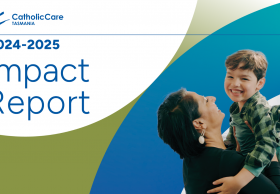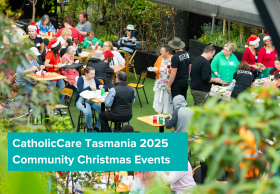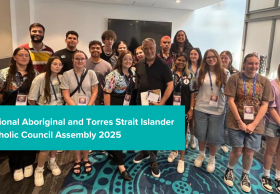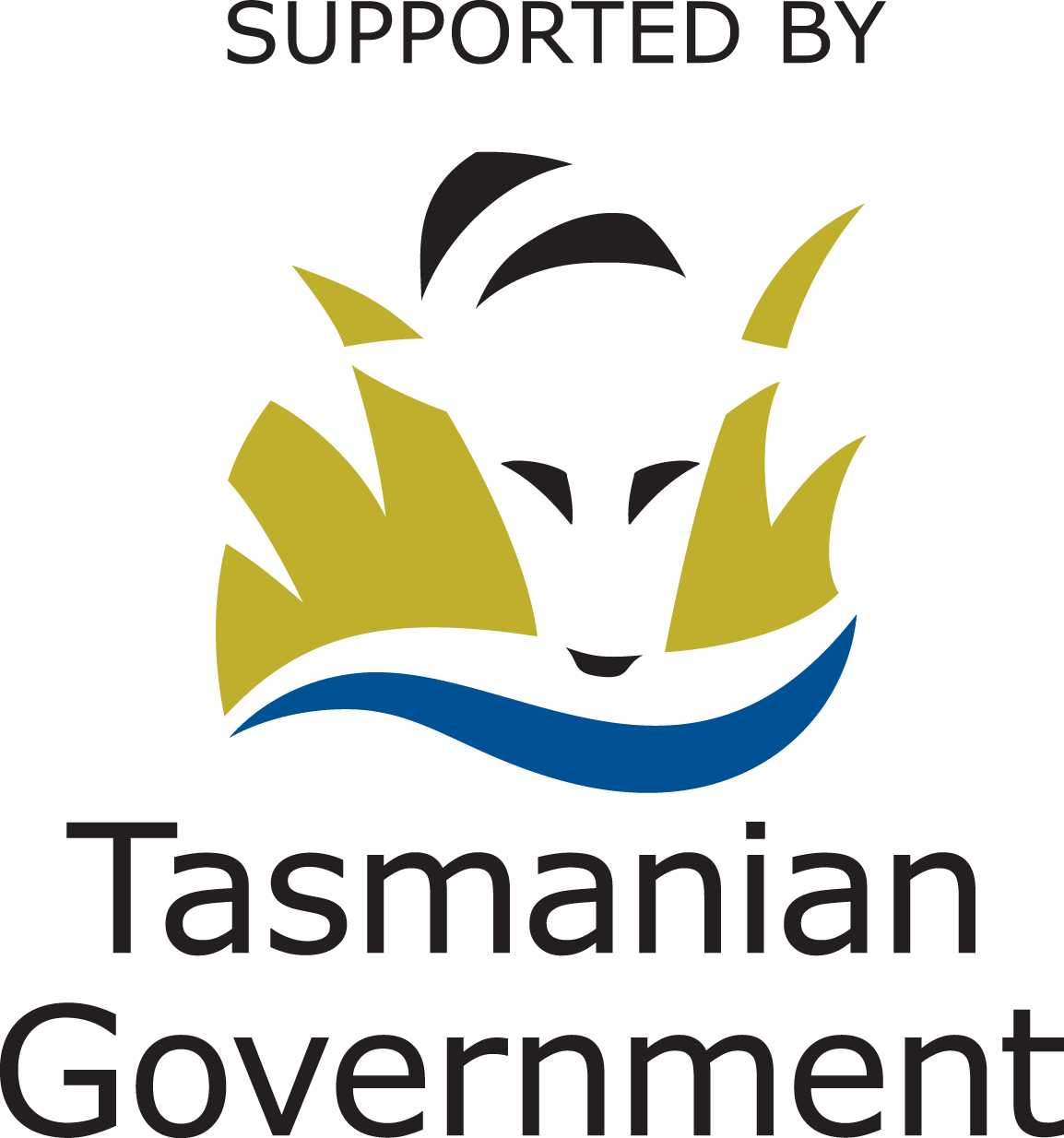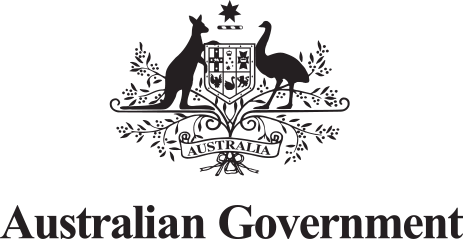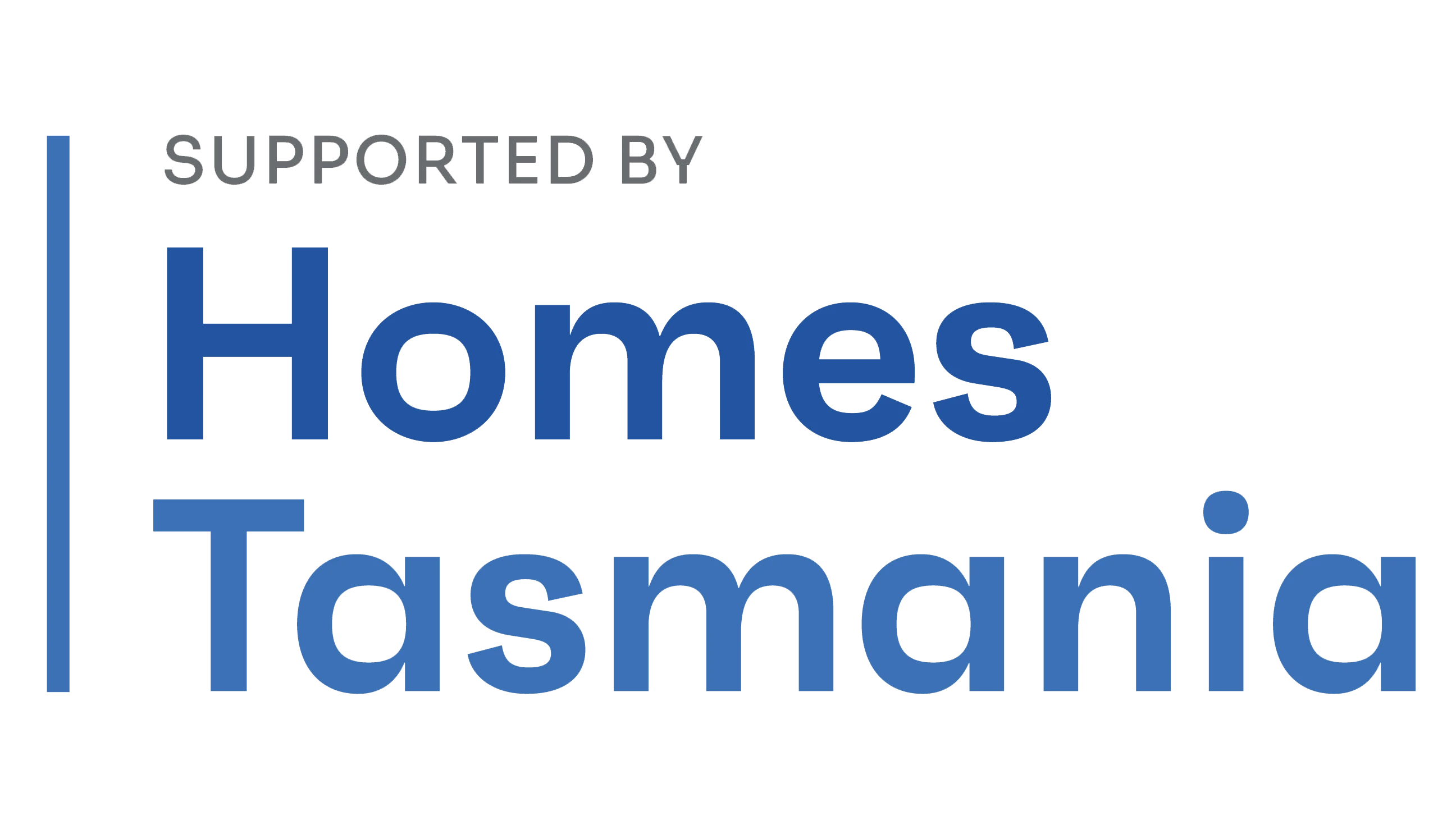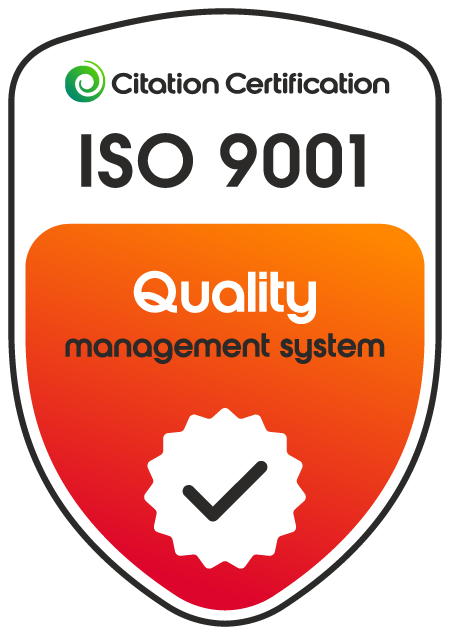Migrants and refugees supported to start small market businesses
A group of refugees and people from migrant backgrounds will receive small business training and mentoring as part of the new Moonah Bazaar Project, a community driven initiative that offers people from culturally and linguistically diverse (CALD) backgrounds an opportunity to operate their own sustainable microbusiness.
The project is an initiative of CatholicCare Tasmania’s Safe Haven Hub and has funding from the Tasmanian Government’s Multicultural Grants Program. The objective of the Moonah Bazaar Project is to establish six or more sustainable microbusinesses operated by refugees, asylum seekers, recently arrived migrants and others identifying as being of a CALD background.
Mentoring will be provided by people from a variety of backgrounds wh
o have at least five years’ experience operating their own businesses, and work in the fields of finance, legal, marketing or digital marketing.
When participants have completed their training at the end of September, they will run their microbusinesses in a market environment alongside stallholders from the broader Glenorchy community. The market will be established in collaboration with the Community Development Officer at the Multicultural Hub in Moonah and is set to start in March 2021. It is anticipated the market will become sustainable and ultimately run by the community, for the community.
Participants were chosen from a field of applicants who lodged an expression of interest in the project in July this year, and they attended an orientation day today at CatholicCare in New Town with Anita Dahlenburg, a Business Advisor and Mentor from the Enterprise Centre Tasmania.
CatholicCare Tasmania’s Safe Haven Hub is working with multicultural communities, local government, business and industry to develop the project.
CatholicCare Tasmania’s Safe Haven Hub has achieved 1,500 employment and training outcomes (work placement, employment, qualification recognition and training), and assisted more than 1,000 individuals from 40 different countries in the past four years.
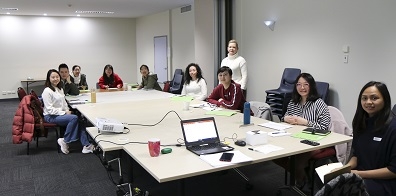
Other news you may be interested in
Migrants and refugees supported to start small market businesses
A group of refugees and people from migrant backgrounds will receive small business training and mentoring as part of the new Moonah Bazaar Project, a community driven initiative that offers people from culturally and linguistically diverse (CALD) backgrounds an opportunity to operate their own sustainable microbusiness.
The project is an initiative of CatholicCare Tasmania’s Safe Haven Hub and has funding from the Tasmanian Government’s Multicultural Grants Program. The objective of the Moonah Bazaar Project is to establish six or more sustainable microbusinesses operated by refugees, asylum seekers, recently arrived migrants and others identifying as being of a CALD background.
Mentoring will be provided by people from a variety of backgrounds wh
o have at least five years’ experience operating their own businesses, and work in the fields of finance, legal, marketing or digital marketing.
When participants have completed their training at the end of September, they will run their microbusinesses in a market environment alongside stallholders from the broader Glenorchy community. The market will be established in collaboration with the Community Development Officer at the Multicultural Hub in Moonah and is set to start in March 2021. It is anticipated the market will become sustainable and ultimately run by the community, for the community.
Participants were chosen from a field of applicants who lodged an expression of interest in the project in July this year, and they attended an orientation day today at CatholicCare in New Town with Anita Dahlenburg, a Business Advisor and Mentor from the Enterprise Centre Tasmania.
CatholicCare Tasmania’s Safe Haven Hub is working with multicultural communities, local government, business and industry to develop the project.
CatholicCare Tasmania’s Safe Haven Hub has achieved 1,500 employment and training outcomes (work placement, employment, qualification recognition and training), and assisted more than 1,000 individuals from 40 different countries in the past four years.

Other news you may be interested in
Other news

